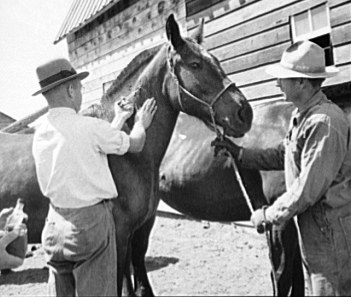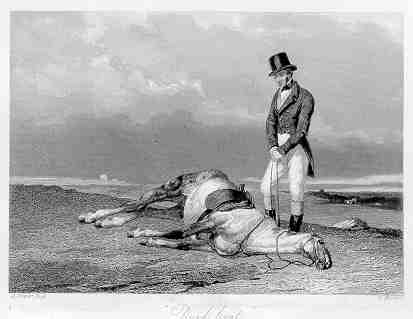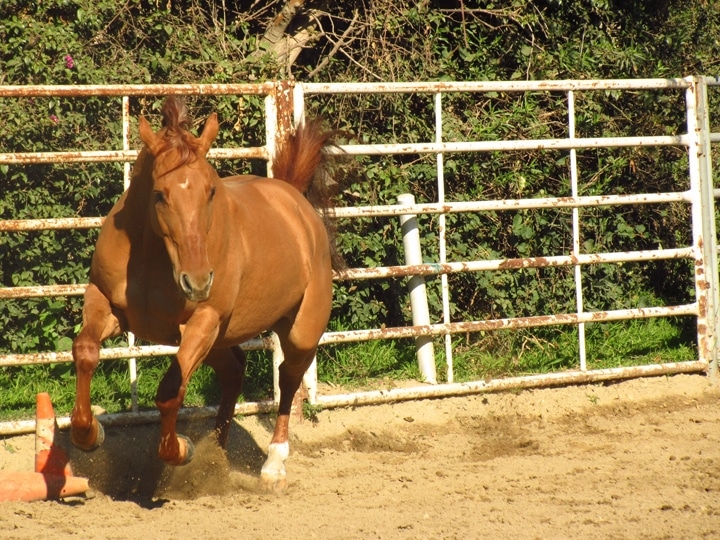Horse owners are well aware of the fact that horses can be affected by internal parasites. These parasites (“worms”) pass from horse to horse, and, in severe cases, can be a cause of problems such as failure to gain weight, and, occasionally, colic. As such, it has long been “common knowledge” that to keep horses healthy, they must be dewormed regularly.
Based on that simple premise, horse owners have largely taken over the administration, dosing, dosing schedule, and selection of deworming agents for their horses. These efforts are largely driven by marketing, and seem not to be much influenced by either the cost, or by concerns about the fact that overuse of deworming agents is developing parasites that are becoming resistant to all of the currently available deworming agents (anthelmintics).
For most people, the selection of the treatment interval appear to be largely driven by the idea that it is necessary to deworm horses on an eight to twelve week interval. In fact, this idea is fundamentally unsupported, that is, there is no scientific information to suggest that this is the ideal treatment interval for any horse, much less every horse.
Administering deworming agents without thought as to ideal treatment intervals is simply bad medicine. While anthelmintics are unlikely to hurt your horse, they may be an unneccesary expense. Excessive administration of anthelmentics certainly is causing parasite resistance to the drugs. Thus, part of responsible horse owning should be administering anthelmintic agents responsibly, with the help of your veterinarian.








